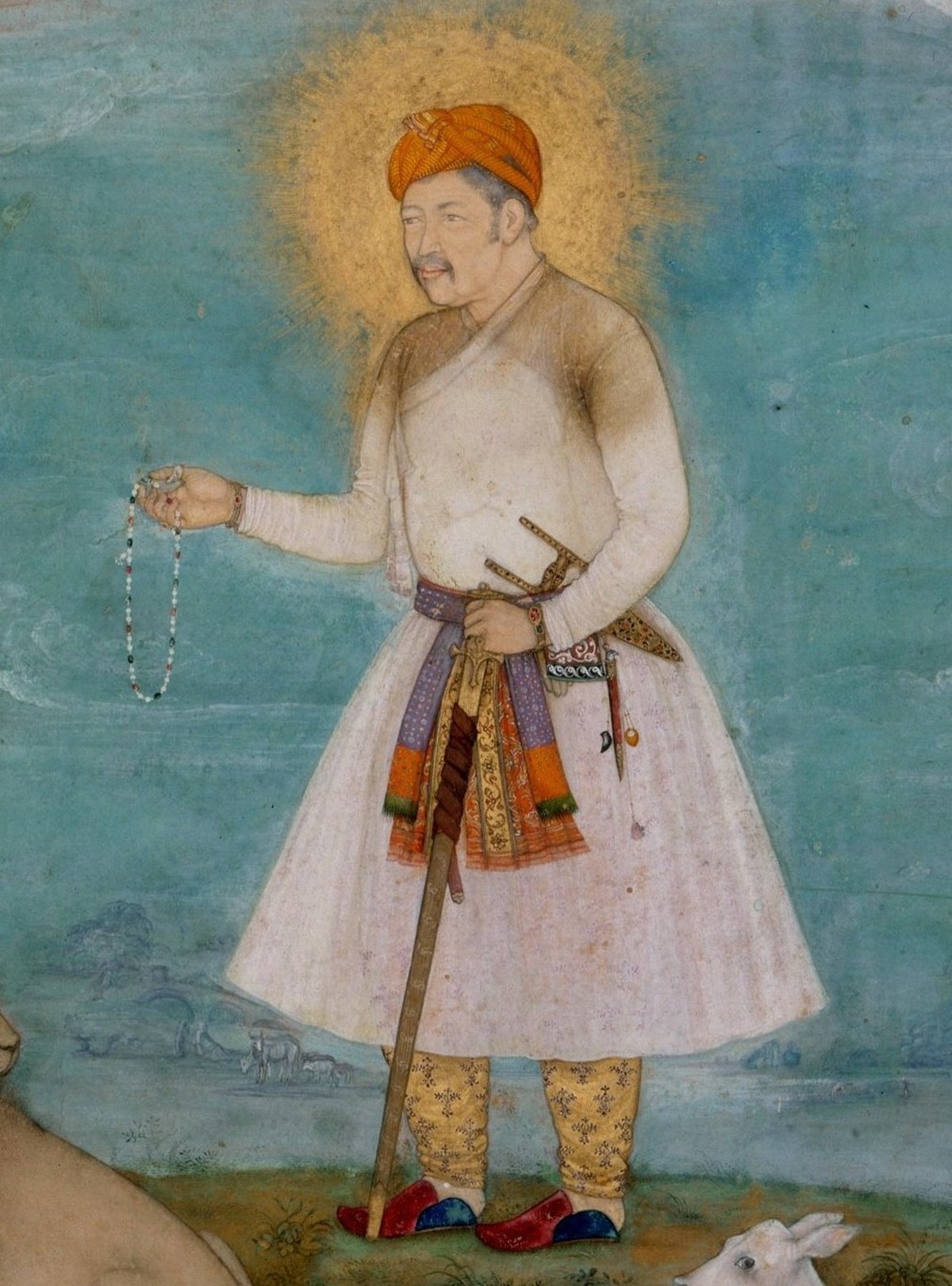
Akbar
IndiaIn 1556, Akbar faced Hemu, a Hindu general and self-proclaimed emperor, who had expelled the Mughals from the Indo-Gangetic plains. Urged by Bairam Khan, Akbar reclaimed Delhi after defeating Hemu at the Second Battle of Panipat. This victory was followed by the conquests of Agra, Punjab, Lahore, Multan, and Ajmer, establishing Mughal dominance in the region.
Akbar's reign marked a significant shift towards cultural and religious inclusivity, promoting debates among various religious groups within his empire. His innovative administration included the Mansabdari system, organizing the military and nobility, and introducing tax reforms for efficient governance. Akbar's diplomatic efforts extended to fostering relations with the Portuguese, Ottomans, Safavids, and other contemporary kingdoms, emphasizing trade and mutual respect.
Akbar's religious policy, highlighted by his interest in Sufism and the establishment of the Din-i Ilahi, showcased his endeavor towards a syncretic belief system, although it was not widely adopted. He showed unprecedented tolerance towards non-Muslims, revoking the jizya tax for Hindus, celebrating Hindu festivals, and engaging with Jain scholars, reflecting his liberal approach towards different faiths.
Akbar's architectural legacy, including the construction of Fatehpur Sikri, and his patronage of arts and literature underscored the cultural renaissance during his rule, making him a pivotal figure in Indian history. His policies laid the groundwork for the rich cultural and religious mosaic that characterized the Mughal Empire, with his legacy enduring as a symbol of enlightened and inclusive governance.
